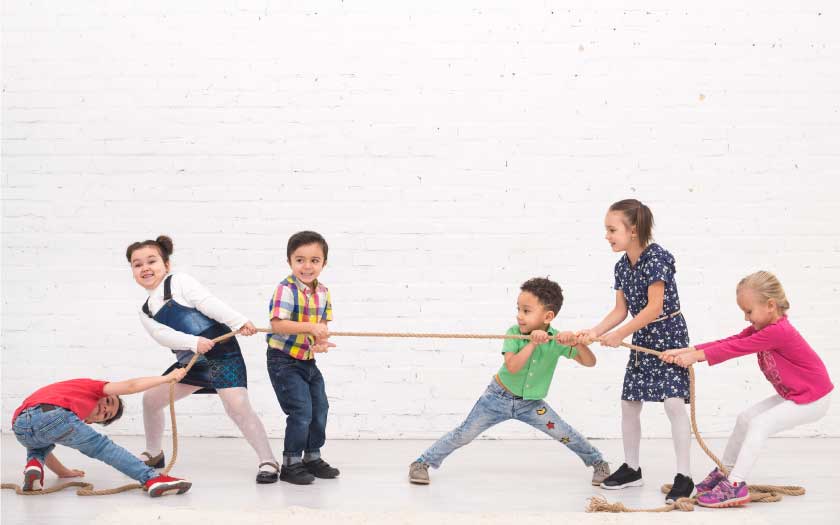Do babies and toddlers need to be active? How much physical activity do they need to thrive? Find out here…
You may not realise it but being physically active every day is important for the healthy growth and development of babies and toddlers. The activity of any intensity should be encouraged, including light activity and more energetic physical activity.
Babies
Although babies need sleep and rest, they should also be encouraged to be active throughout the day, every day! Even before your baby begins to crawl, the little one should always be prompted to be physically active by reaching and grasping, pulling, and pushing, moving their head, body, and limbs whenever possible, as well as during supervised floor play, including tummy time. Once they are mobile they should be encouraged to be as active as possible. The important thing is to ensure that they are in a safe and secure environment, one which is nurturing as well.
Toddlers
Once a child starts to walk, physical activity should be encouraged for at least three hours each day. This should be spread throughout the day, indoors or outside, and can include light activity such as standing up, moving around, rolling and playing, as well as a more energetic activity like skipping, hopping, running, and jumping. Active play, such as using a climbing frame, riding a tricycle, playing in the water, chasing games, and ball games, are great ways for this age group to get moving. Parents must make an effort to promote physical activity instead of allowing their young ones to spend hours in front of the TV or on their digital gadgets.
Light activity for children includes a range of activities, such as standing up and moving around, walking, and light playing. Examples of energetic activities suitable for most children who can walk on their own include active play such as hide and seek; running around; jumping on a trampoline; riding a bike; dancing; swimming; climbing; skipping rope and even gymnastic.
For health’s sake
Children under five should not be inactive for long periods, except when they’re asleep. Watching TV, or being strapped into a buggy for long periods is not good for a child’s health and development. There’s growing evidence that these can increase their risk of poor health.


